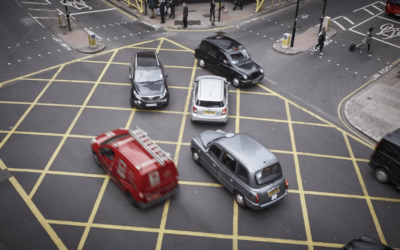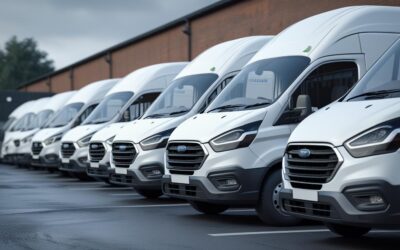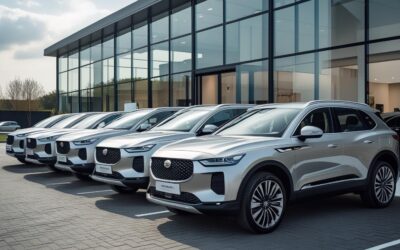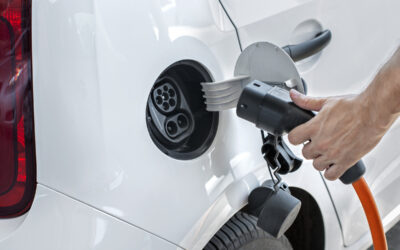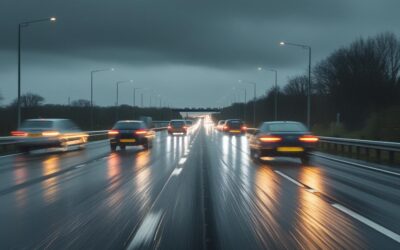Not enough rapid chargers for growing EV demand
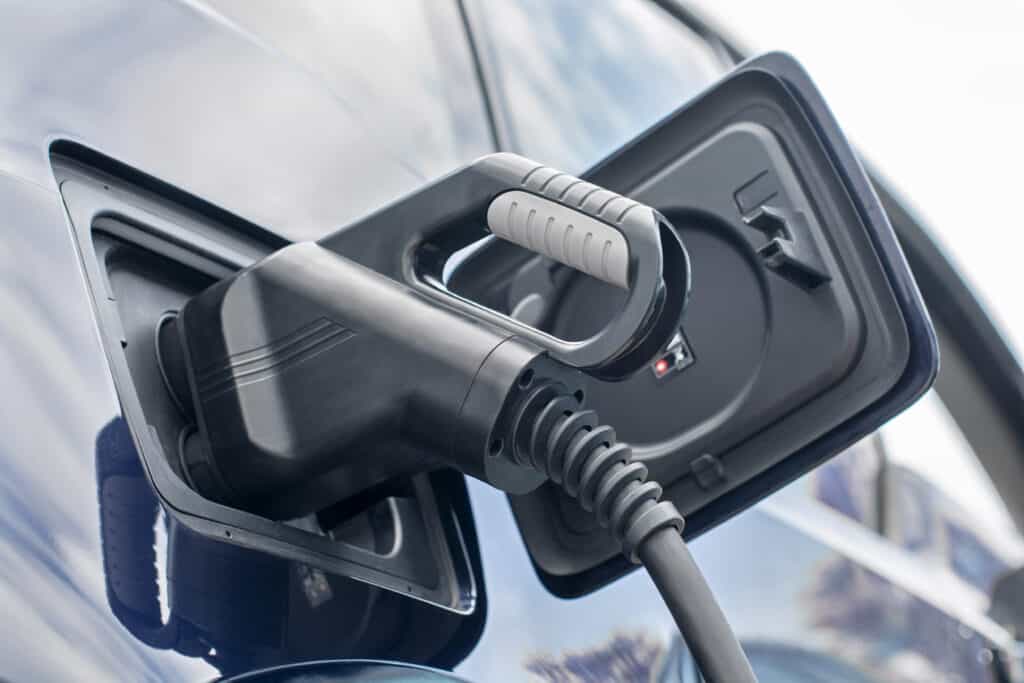
Rapid charger installations are falling further and further behind slower devices in the rollout of public EV charge points.
New data suggests drivers are largely being forced to rely on non-rapid chargers when they’re not at home, and the situation isn’t improving. Ratios are getting worse and the number of rapid and ultra-rapid chargers as a proportion of all chargers installed has reduced by 1% year-on-year.
There are currently just shy of 29,000 public EV chargers in the UK and installations are happening regularly, with 6,324 new slower chargers added to the network in 2021. That’s some 96% more than the number installed in 2020, but the year-on-year increase in rapid and ultra-rapid chargers was only 21%.
At present, only 18% of all public chargers are now rapid or ultra-rapid, which amounts to just 5,279 across the UK. Slower chargers might be great for employees who can charge their car at the office, but they’re not much use in places where cars need to be parked for shorter periods.
More rapid chargers needed for long trips
While it’s encouraging to see so many new chargers installed, that’s only one piece of the puzzle, and now the pressure’s on to ensure more drivers can get power faster.
During the last three months of 2021, the UK experienced the highest number of installations in the charge point rollout so far. But longer drives will only become less of a concern for EV motorists and anyone thinking about making the switch with more genuinely rapid chargers available.
Faster charging remains critical to consumer confidence, particularly for fleets and those drivers who can’t install charge points at home. And since a third of UK households don’t have their own parking spot, it really is a significant problem.
Public opinion reflecting the problem
A recent Which? survey has shown up the biggest worries stopping drivers making the switch, and long journeys made the top five.
Of the five most significant barriers, three related to range anxiety:
- 33% are concerned about the lack of charge points on long journeys
- 29% worry about how few charge points there are close to their home
- 28% are anxious about how long it takes to recharge an electric vehicle
With only 8 years before the ban on new combustion engine car sales kicks in, the number of EV drivers will continue to rise quickly, with more and more becoming reliant on public chargers. So what happens now?
What can be done?
Sue Davies, Which? head of consumer protection policy said:
“Improving the UK’s flawed charging infrastructure will support more motorists to make the switch to a zero-emission vehicle.
“The current confusing and complex system needs to be quickly overhauled if the network is going to be ready for the ban on new fossil fuel cars in 2030. Charging must be easy, accessible and affordable if people are going to make the move to an electric car.”
In our minds, simplifying charger access and payment methods and addressing the proportion of rapid and ultra-rapid charge points to slower devices will be crucial.
But what do you think? Drop us a comment or send us an email to [email protected] and share your ideas.

